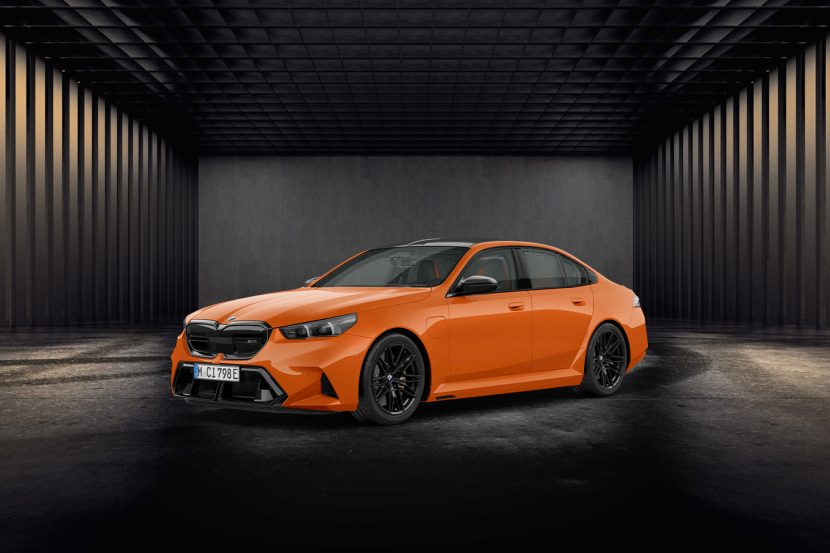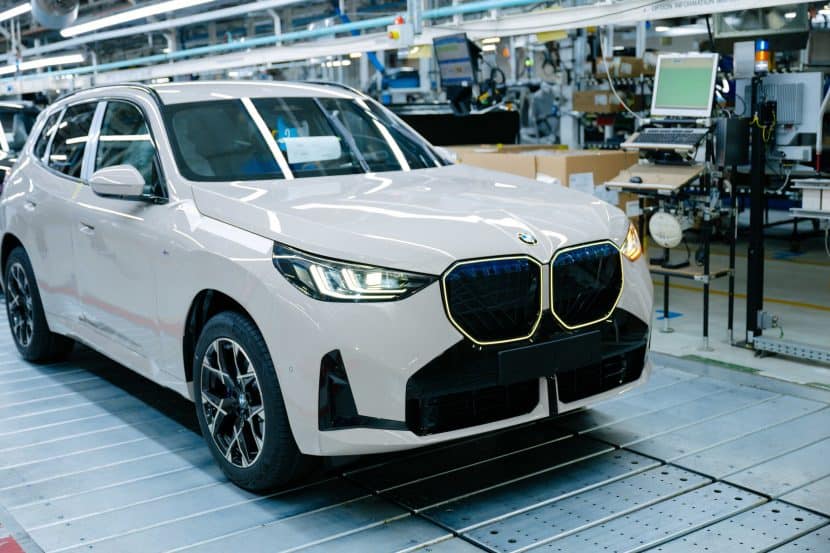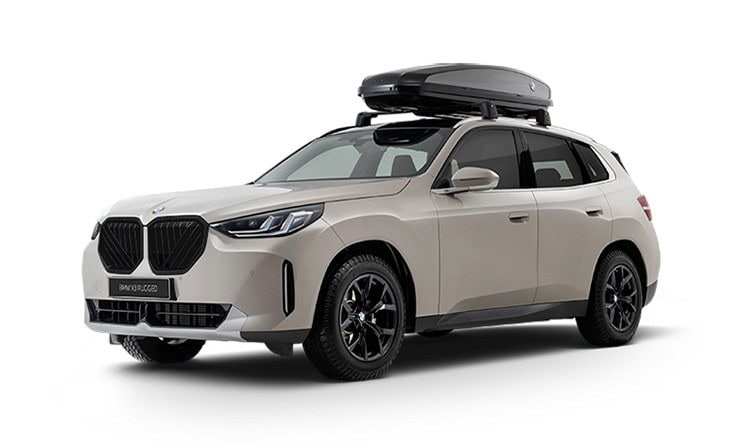SkiddMark takes the new 2011 BMW X3 xDrive20d SE, UK model, to the snowy Innsbruck ski resort in Austria. While most of the recent reviews of the new X3 were focusing on the driving experience on dry pavement and some mild offroading, the UK folks put the premium compact SUV through a far more difficult route.
“The route of our test took us from Innsbruck in Austria south-west to the ski resort in Sölden, covering around 200km in total. We followed a mix of twisty alpine roads and autoroutes, venturing through a few villages along the way. First thing that struck me was how much quieter the new X3 has become, all of the cars we drove were fitted with 17″ Pirelli W210 Scottozero 2 winter run-flat tyres and despite this the new X3 cruised along like a 5-series. It retains its predecessor’s lower driving position and you’d be hard pressed to initially notice the increase in size.
The first car we jumped into was the xDrive20d SE Auto and it wasn’t until later in the evening that I realised it was fitted with BMW’s new 8-speed transmission – to be honest you’ll hardly notice those extra gear ratios, there’s no hunting between gears or overly-frequent changes. Unlike some of BMW’s other X-models the xDrive20d SE Auto is denied any steering-wheel paddles, so you’ll have to resort to the selector stick, but it’s a very intuitive process and we were soon making swift manual selections when the need arose.
We spent an equal amount of time in cars fitted with the six-speed manual transmission and most of the time preferred its more driver-oriented feel on the twisties, the only downside was the familiar glut of torque when pulling away from a junction in 1st gear. If you spend more time commuting through towns and motorways then go for the 8-speed auto, otherwise we’d opt for the manual and save ourselves £1,500 – the shift quality is clean and direct and suits the 2.0d engine well.
Our test cars were fitted with Variable Damper Control (VDC) – a £910 optional extra, Variable sport steering (£370) and Performance Control (£120). VDC incorporates electronically controlled dampers which adapt to road surface conditions and the style of driving, you can either leave it in Normal to sort things out itself or manually influence the damper settings via Drive Dynamic Control, choosing between Sport and Sport+ modes.
Even on the Sport+ setting the ride was still perfectly comfortable, the only discernable difference being the tighter body control. As well as damping behaviour, VDC can also adjust the character of the accelerator, engine response, power steering weight, DSC response thresholds and even the shifting dynamics of the automatic transmission, so it’s a clever bit of tech and much more than just a ride control system.
….
Was it enjoyable to drive? Yes, in so far as any 2.0d SUV can be – we reached our destination earlier than planned so perhaps it’s not the best car for sightseeing, but its 181 bhp 2.0-litre turbo diesel engine never struggled on the steeper climbs and always punched confidently out of the corners – it’s a car you can drive just like any other sporting BMW, so there’s no danger of brand dilution or any reason to question the evolution of BMW’s DNA.”


















































